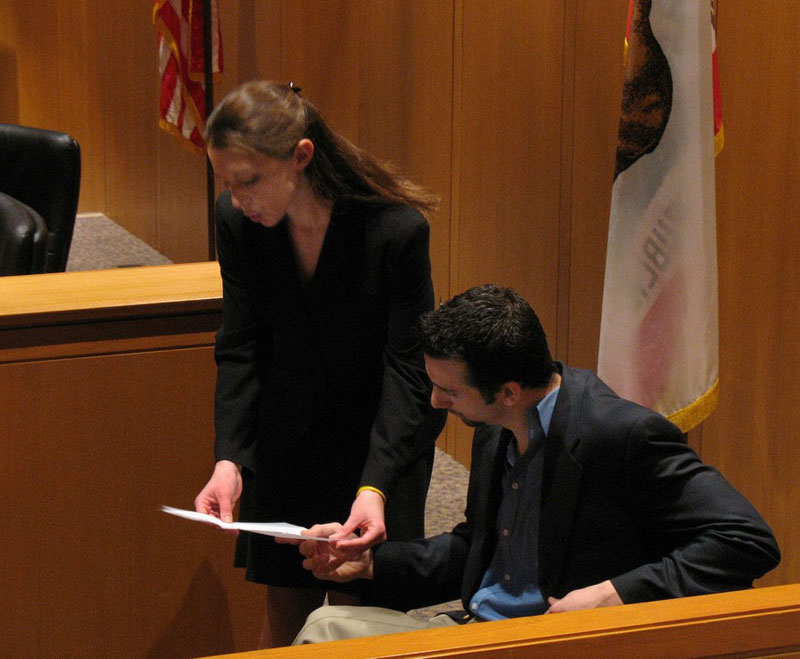Fallacies and Biases
- A fallacy is the use of poor, or invalid, reasoning for the construction of an argument.
- To succumb to the correlation-causation fallacy is to take a statistical dependence as sufficient to demonstrate the presence of a causal relationship.
- The post hoc fallacy is a logical fallacy of the questionable cause variety that states 'Since event Y followed event X, event Y must have been caused by event X.'
- The bandwagon fallacy is a fallacious argument that concludes that a proposition is true because many or most people believe it.
- The either-or fallacy involves a situation in which only limited alternatives are considered, when in fact there is at least one additional option.
- A cognitive bias refers to a systematic pattern of deviation from norm or rationality in judgment, whereby inferences about other people and situations may be drawn in an illogical fashion.
- Confirmation bias is the tendency to search for, interpret, prefer, and recall information in a way that confirms one's beliefs or hypotheses while giving disproportionately less attention to information that contradicts it.
- Hindsight bias is the inclination, after an event has occurred, to see the event as having been predictable, despite there having been little or no objective basis for predicting it.
- The bias blind spot is the cognitive bias of recognizing the impact of biases on the judgement of others, while failing to see the impact of biases on one'ss own judgement.
- The opportunity cost of a choice is the value of the best alternative foregone, where a choice needs to be made between several mutually exclusive alternatives given limited resources.
- Malingering is fabricating or exaggerating the symptoms of mental or physical disorders for a variety of secondary gain motives.
- Experiential thinking regards an explanation as valid if it is personally functional and satisfying, offering a description of the world that may be more personal than can be provided by science and reducing the amount of work involved in understanding complex events.
- The transcendental temptation is a tendency for people to seek paranormal or metaphysical explanations for events with a scientific basis.
- Terror management theory proposes a basic psychological conflict that results from having a desire to live but realizing that death is inevitable.
- Pareidolia is a psychological phenomenon involving a stimulus (an image or a sound) wherein the mind perceives a familiar pattern where none actually exists.
- Apophenia is the human tendency to perceive meaningful patterns within random data.

Confirmation bias has been described as an internal 'yes man', echoing back a person's beliefs like Charles Dickens' character Uriah Heep.

A satellite photo of a mesa in Cydonia, often called the Face on Mars. Later imagery from other angles did not show the illusion.
